Postdoctoral Zone
Germany invests more than any other European country in research and offers the opportunity to work with world renowned universities and research institutions. Germany is also the most popular host country for postdoctoral junior researchers with over 10% of the academic staff at German universities coming from abroad. Where will your career take you?
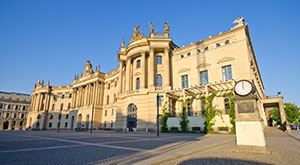
The German Research Landscape
Germany enjoys a global reputation as a world leader in research and academic training, characterised by excellent facilities, multi-disciplinary interests and a well-funded infrastructure.
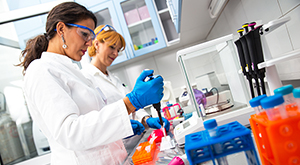
Academic and Postdoctoral Careers in Germany
Postdocs receive a high level of support in Germany, with universities and research institutions keen to attract international academics. Take a look at the types of career opportunities available to Postdocs.
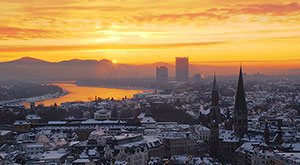
Case Study: Senior Postdoc at Fraunhofer IAIS
We spoke to Simon, a Senior Postdoc at Fraunhofer IAIS and adjunct lecturer at the University of Bonn. Read about his experiences and top tips.
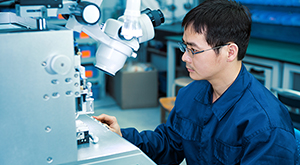
Alternative Research Career Options in Germany
A traditional academic career in a German university remains a popular choice for many postdocs. Find out about career options outside of German universities.
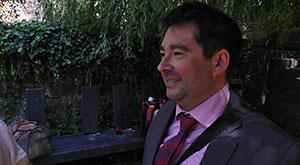
Case Study: British Researcher Working in Industry in Germany
We spoke to Chris, a British researcher who is living and working in Germering, near Munich. He currently works as a product specialist for the American company ThermoFisher Scientific. Read about his experiences and top tips.
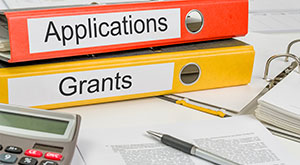
Postdoctoral Research Funding in Germany
Postdoctoral researchers are generously supported in Germany through grants, loans and fellowships. More than 32,000 international researchers in Germany currently receive funding, either through universities, non-university organisations, companies or EU initiatives.
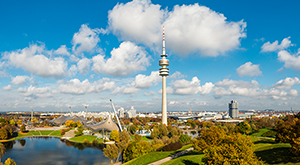
Case Study: Postdoctoral Research Psychologist Living in Munich
We spoke to Belinda, employed as a postdoctoral research psychologist in the department of Child and Adolescent Psychiatry at the University Hospital of the LMU University in Munich. Read about her experiences and top tips.
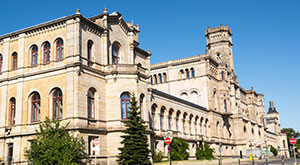
Research Institutes in Germany
Germany has a dense network of research institutes and organisations which benefit from major investment in all sectors. As a result, the country's research and academic institutions are among the most innovative and well-equipped in the world.

Postdoctoral Job Application Guide
When applying for a postdoc or other research position in a company, university or research institute in Germany you will generally be asked to provide various documents. Read this article to find out what these documents are and some top application tips.
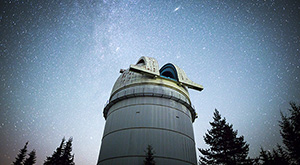
Case Study: British Astrophysics Researcher living in Garching
We spoke to Patricia, a British Astrophysics Researcher at the Max-Planck-Institut für extraterrestrische Physik (MPE), in Garching, Munich. Read about her experiences and top tips.
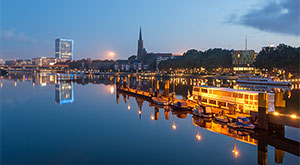
Case Study: Research Fellow at the Hanse Institute for Advanced Study, Delmenhorst
We spoke to Dr Freeman, a Research Fellow at the Hanse Wissenschaftskolleg, an independent foundation in Delmenhorst, north-west Germany. Read about his experiences and top tips.
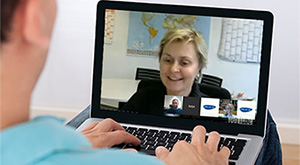
Postdoctoral & Research Opportunities in Germany - Google+ Hangout on Air Summary
We hosted a live Google+ Hangout on Air with four inspirational panellists with one simple objective: to inform you of Postdoctoral & Research Opportunities in Germany.
